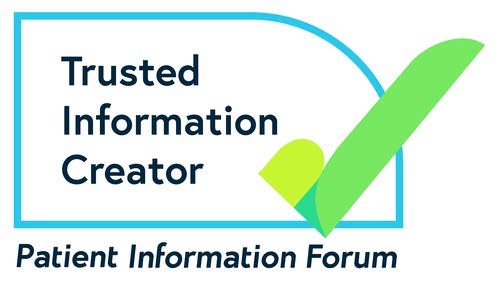A Patient Journey for Menopause
The menopause, also referred to as The Change, is the time when a woman stops having periods and is unable to get pregnant naturally. The menopause tends to occur between the ages of 45-55 with the UK average age of women reaching the menopause currently standing at 51. In rare cases some women (about 1 in 100) may begin menopause before the age of 40, this is referred to as premature menopause or premature ovarian insufficiency. It is caused by a change in your sex hormones which happens as you get older.
Reaching the menopause is a normal part of the development of women however it can be physically and emotionally difficult to go through. It is important for women to be aware of what to expect when going through the menopause, and to know which symptoms are normal and which might be good cause for visiting a doctor.
Most women will experience a number of menopausal symptoms in addition to the end of her periods; in fact, most women will begin to experience such symptoms months or years before their last period. These symptoms include:
- hot flushes
- night sweats
- mood changes
- anxiety,
- vaginal dryness and discomfort during sex
- loss of libido
- difficulty sleeping
- hair thinning
- difficulty with memory or concentration.
These symptoms, either alone or in combination with each other, can be distressing.
You should see a doctor if you find that your symptoms are affecting your quality of life, if they are causing you significant physical discomfort or pain, or if you think the menopause is having an effect on your psychological or emotional wellbeing. You should also see a doctor if you start noting menopausal symptoms before you are 45, if any non-standard symptoms arise, such as unusual pains or sensations, or if any of your symptoms continue into postmenopause. It is also worth seeing your doctor if you want to explore treatment options, or if there are any complicating factors or side-effects with treatments you are already undergoing.
A doctor will ask you about your medical history, including any menopausal symptoms, and about your menstrual cycle, including when you had your last period. Usually, your GP will be able to make a diagnosis of the menopause based on talking about your symptoms. Your doctor may decide to take a blood test if you are experiencing symptoms of menopause early or between 40-45 years which will look at your hormone levels
Not all women want to relieve the symptoms of hot flushes however if your symptoms are severe or having an effect on your day-to-day life, your doctor may recommend treatments to relieve your symptoms. There are several types of treatments which may be recommended to you by your doctor:
- One common set of treatments is hormone replacement therapy (HRT) - there are two types of HRT; combined HRT (oestrogen and progesterone) which is specifically for those women who still have their womb; and oestrogen-only which is for women who have had their womb removed (a hysterectomy) - these are often given in the form of oral medication, skin patches, gels and implants.
- There are also a number of creams and ointments available for certain symptoms like vaginal dryness.
- Talking therapies such as cognitive behavioural therapy (CBT) may help with mood- and emotion-related symptoms.
- A number of self-help measures can also be effective - from taking exercise and eating a healthy diet to taking special care with your clothing and bedding.
Join our mymenopause support programme for further support and check out the talkhealthcommunity in our menopause forum , a dedicated subsection of the talkwomen's health forum.
Sources used in writing this article are available on request.
Information written by the talkhealth team
Last revised: 20 October 2016
Next review: 20 October 2019


